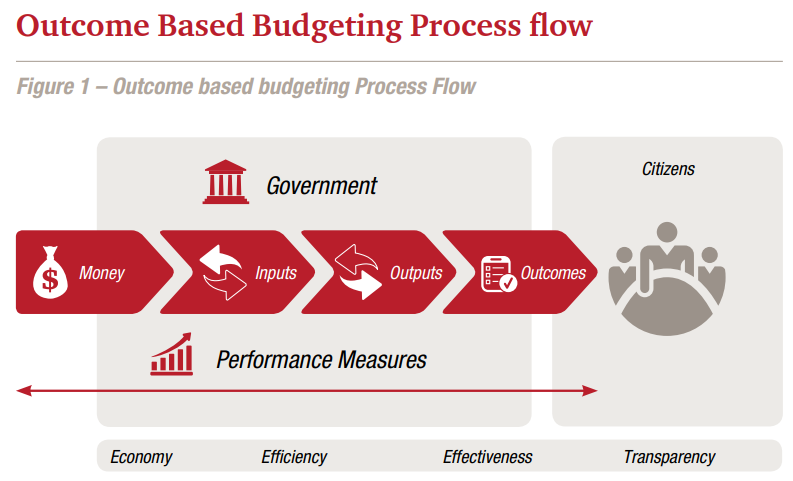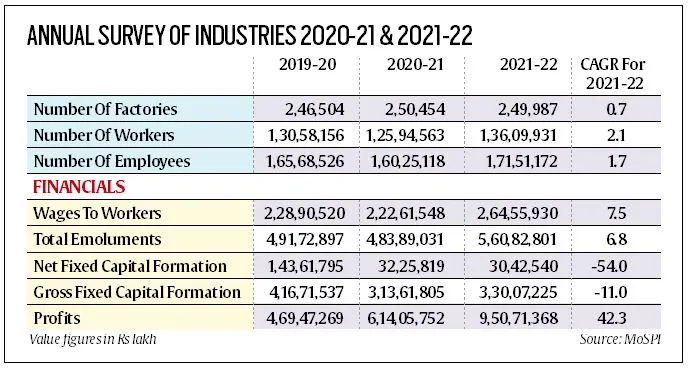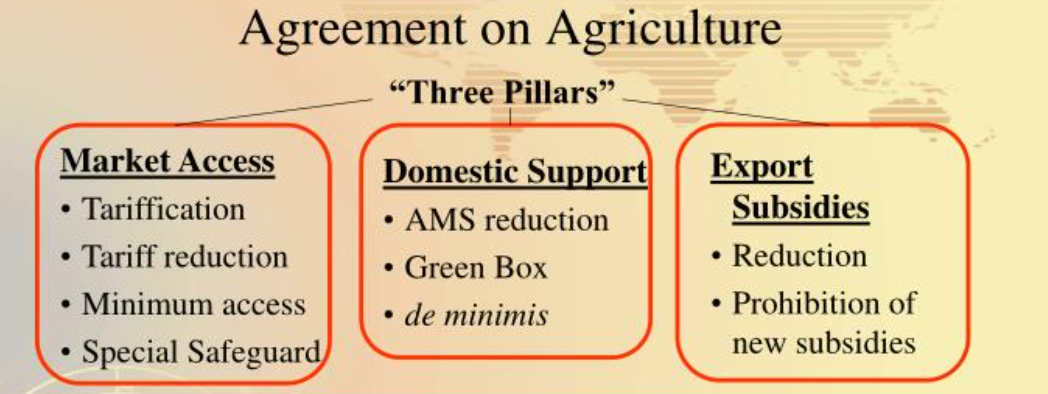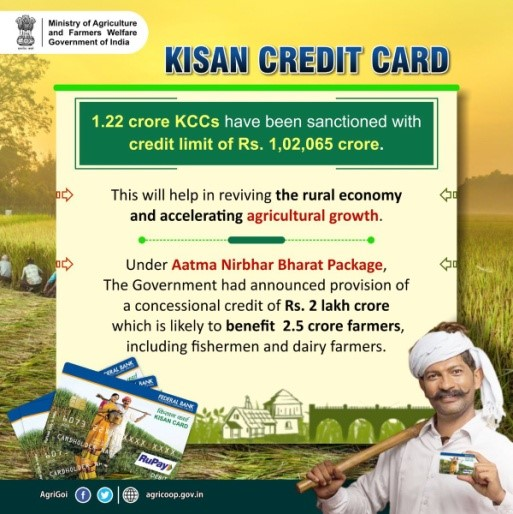
Outcome Budgeting
Subscribers of "Current Affairs" course can Download Daily Current Affairs in PDF/DOC
Subscribe to Never Miss an Important Update! Assured Discounts on New Products!
Must Join PMF IAS Telegram Channel & PMF IAS History Telegram Channel
- Context (DTE): Need for Sustainable Development Goals (SDG) linked outcome budgeting in India.
- Prioritising SDG goals will help India tackle several emerging challenges, like the impacts of climate change, increasing inequities, and lagging human development indices.
- Timely access to sufficient financial resources is important for achieving SDG. So, it is important to have outcome-oriented budgeting in the country.
- Assam’s utilisation of Outcome-Based Strategies (OBS) aligned with SDG outcomes serves as a noteworthy example.
What is outcome-oriented budgeting?
- It is a way of planning and managing money where the focus is on achieving specific results or outcomes rather than just spending money on various activities.
- It helps ensure that resources are used efficiently to achieve the intended goals and bring about positive changes in society.
- Fundamental to understanding this type of budgeting is the difference between outputs and outcomes:
- Outputs are the goods and services that governments produce or provide.
- Outcomes are the impact or consequences of the outputs for the community. E.g, Swachh Bharat Abhiyan.
- Outputs: Construction of a specific number of toilets.
- Outcomes: Improved public health due to reduced open defecation.
- Outcomes of programmes are measured not just in terms of rupees but also in terms of physical units like kilowatts of energy or tonnes.
- Also, outcomes are expressed in terms of qualitative targets and achievements to make the technique more comprehensive.

Procedure of outcome-based budgeting
- The concept of outcome budgeting was introduced in India in 2005.
- Under outcome budgeting, each Ministry presents a preliminary Outcome Budget to the Finance Ministry, which is responsible for compiling them.
- The Outcome Budget becomes a progress card on what various Ministries and Departments have done with the outlays in the previous annual budget.
- From 2007-08 onwards, the previous Performance Budget was merged with the Outcome Budget.
- Around 11 Indian states have started following the practice of formulating their OBSs in the past few years.
Significance
- Better service delivery.
- Effective Decision-making.
- Evaluation of programme performance and results.
- Communicating programme goals.
- Improving programme effectiveness.
- Make budgets cost-effective.
- Fix accountability.
- Aid better scheme management.
Challenges
- Lack of political ownership.
- Linking funds with performance may result in additional costs.
- Cultural change is required in central agencies to move from compliance-based management to outcome-based management.
- The process of identifying outcomes may become problematic.
- Unpreparedness for the enhanced accountability in government agencies.
- Poor accounting and IT systems that don’t support the reform.





![PMF IAS Environment for UPSC 2022-23 [paperback] PMF IAS [Nov 30, 2021]…](https://pmfias.b-cdn.net/wp-content/uploads/2024/04/pmfiasenvironmentforupsc2022-23paperbackpmfiasnov302021.jpg)












